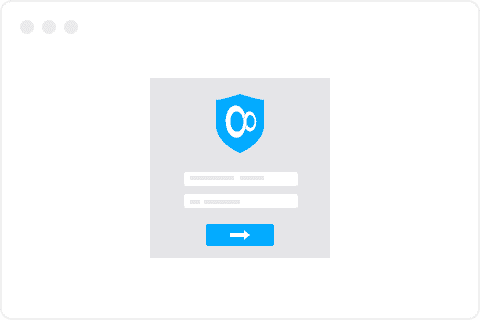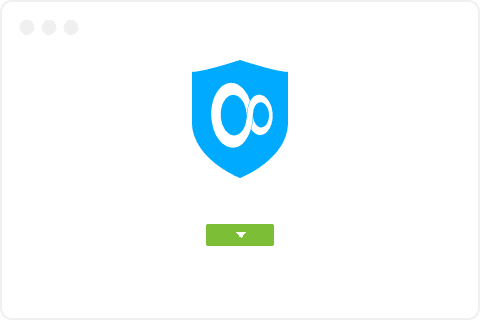Internet Surveillance
In today’s connected world most of our lives are on the internet. We search for information, use social media and other tools to communicate with others, perform financial operations, shop online, and whatnot.
But are all these online activities really private? Ever thought about third parties that can peer into what you do and search online? Wondering how to avoid internet surveillance? Find all answers below!
What is internet surveillance
In short, internet surveillance is the act of monitoring users’ computer and online activities and all data transferred over the internet. Internet surveillance implies that your online data and traffic are monitored and logged by a third party. Digital surveillance is often stealthily carried out by government agencies, corporations, ISPs, and, potentially, cybercriminals.
How is digital surveillance carried out
Your ISP (Internet Service Provider) can monitor whatever you do online and all the websites you visit. This means that all your browsing habits are at your ISP’s disposal. Besides, ISP can also see all the unencrypted data you send over the internet.
How is all the data collected? ISP can intercept and collect data, which is sent and received online, through your IP address, even if you’ve enabled Incognito/Privacy mode in your browser. Due to an IP address, every device connected to the internet can be identified and located. Together with your browsing history, this information, if legally requested, can then be sent to surveillance agencies.
ISPs may also trade user data to advertisers for a profit. Besides, they might throttle your bandwidth, if they notice you’re using too much online data.
What is IP address
An IP address, or an Internet Protocol address, is a unique number given to each device on the internet. Think of it as a return address: similarly, it is used so that computers can know where to send requested information. It ties all traffic to a specific device, location, and, essentially, a user. And it also is a basis of IP targeting.
We all live under constant digital surveillance. Just like in the Orwell’s book, Big Brother is watching us. Every action on the internet is being logged by the numerous servers that are processing our various requests. Smartphones have made it possible for us to access information quickly while on the go, but it also became easier for outside entities to track our precise location and analyze our habits, day-to-day routines and other activities.
Who provides the officials our personal data
- Leading corporations of the digital age, like Apple and Google, thrive on providing you with the whole digital lifestyle package. They store and transfer your data, deliver and receive mail and messages for you, connect your calls, and look up the information you need. They already know everything there is to know about you.
- Then there are social networks like Facebook, Instagram, and Twitter, which also collect and store your statuses, photos, posts, and locations.
- Lastly, there are internet service providers (ISPs) knowing that and much more, for most of them log everything you do on the internet: the things you search, the sites you visit, the files you up- and download.
If the government needs any of this data, it just forces Apple, Google, Facebook, Instagram, Twitter or ISPs to abide by national laws and submit all collected information to their officials. Some governments go as far as making ISPs install packet filtering equipment (for so-called deep packet inspection) right in their data centers, further reinforcing digital surveillance on their people. Feel like Big Brother is watching you yet?
How to avoid internet surveillance
Data encryption is the key to avoiding digital surveillance and ensuring your online privacy. Whether it’s your ISP, government, or hackers, encryption renders your data unreadable and your information almost impossible to monitor.
How to encrypt your data and go private? A bullet-proof VPN service like VPN Unlimited is just the right solution. It uses strong encryption protocols that secure your online traffic and data. The protocols create an encrypted connection between your device and one of our secure servers, effectively concealing your actions on the internet. On top of that, you can even hide that you are using a VPN thanks to our blue-chip KeepSolid Wise technology!
Besides the encryption, VPN Unlimited also hides your real IP address. This makes it harder for websites, search engines, and anyone else to figure out your real location and trace back your online activities to you.
3 steps to hide your IP with VPN Unlimited
Why choose VPN Unlimited to hide your IP
VPN Unlimited offers more than 500 high-speed servers in 80+ locations worldwide. Connecting to any of the servers you get its virtual IP, while your real IP address is hidden. And the big choice of VPN servers means you can easily find the location you want.
Do not leave your vulnerable data behind on every website you visit. Protect yourself and your online activity with VPN Unlimited service, a trustworthy tool against surveillance in today’s digital world!
Avoid internet surveillance and go private online today!
7-day free trial + 30-day money-back guarantee = 37 days to check everything out!


